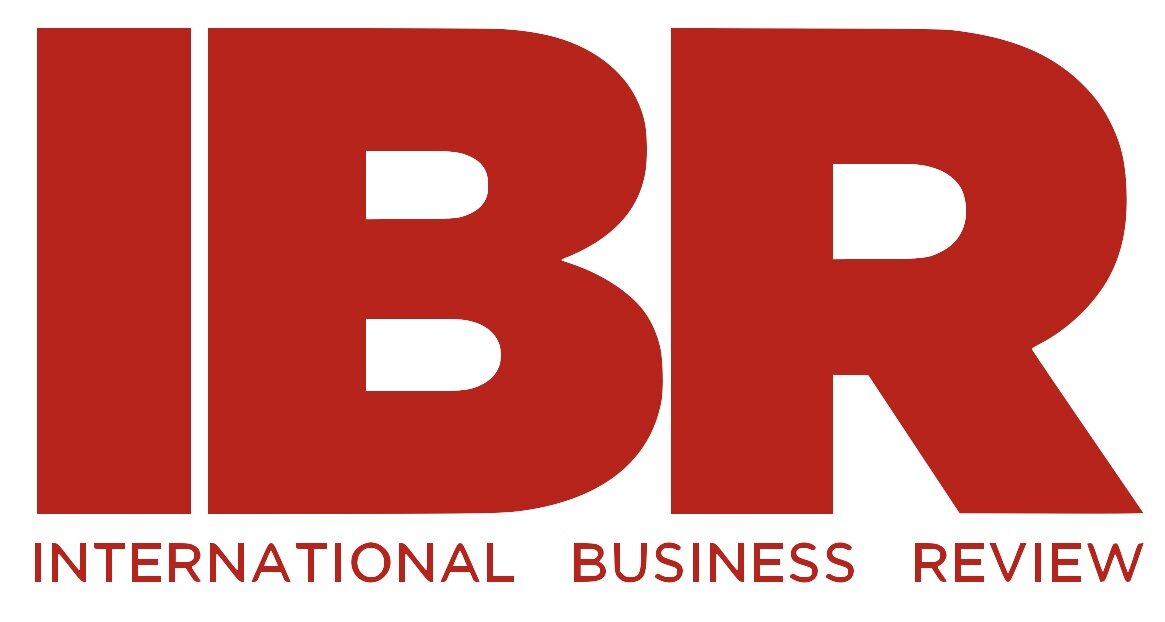How COVID-19 has Shifted Views on What Is a Public Health Matter by Couloir Hanson 2021
UK Prime Minister Boris Johnson’s brush with death from COVID-19 seems to have changed his mind regarding obesity as a part of public health. Before, Johnson viewed weight gain as a private matter. However, after his experience, he lamented “When I got this wretched thing, I was too fat,” citing his excess weight as his main risk factor with COVID-19. The links between obesity and the more severe cases of coronavirus have inspired Johnson to develop policies to reduce obesity. Among other measures, his government has proposed shrinking junk-food advertising and making calorie labels more widespread.
Indeed, obesity has been found to increase the risk of dying from COVID-19 by 48%. Within the United States alone, 72% of all Americans are considered vulnerable to the most severe cases of infection, given that their body mass indices are greater than 25. Not only does excess weight increase the likelihood of conditions such as diabetes and heart disease, which make COVID-19 patients more likely to have severe cases; it also lowers the immune system’s ability to respond to infections, increasing the risk of getting sick from pathogens, such as the yearly flu or coronavirus.
Johnson’s sudden change in opinion from obesity being a private matter to it being a public health concern reflects a broader social transformation. Before coronavirus, even while public health advocates warned of an “obesity pandemic”, laymen and scholars alike scoffed at the word choice. In 2003, two-thirds of the residents in Michigan, the United States’ most overweight state at the time, believed obesity to be “a matter to be discussed around the dinner table, and not a public concern.” In 2012, John Anomaly argued that classifying obesity as an epidemic neither helps decide on a response plan nor is logical, as the health of one individual should not severely affect the health of another. The only social impacts one person’s health could have were on taxpayer dollars, through publicly funded healthcare programs such as Medicaid and Medicare, or on insurance rates.
During a pandemic, the vulnerability of many Americans has come to the forefront. Added to financial vulnerabilities including lacking healthcare not tied to a job and little to no sick leave, there was a perfect storm for COVID-19 to ravage the country. These vulnerabilities are important considerations when deciding how to continue changing US coronavirus response strategy. The lockdown strategy of the US, Italy, and Spain in March and April fell apart in the U.S. when people began needing to go back to work to support their families. Given that over two-thirds of the US population is at high risk given weight alone, the Swedish model of “focused protection” for those most vulnerable to the coronavirus would be virtually impossible to implement. Accounting for the US situation is important when thinking about current strategy and future prevention. By viewing the risk factor of obesity as a public health matter, countries can try to implement ways of having a healthier society, which will be more resilient in the face of novel pandemics.
Governments worldwide have already started to implement policies meant to reduce obesity rates in an effort to strengthen public health. Lawmakers in Tabasco and Oaxaca, Mexico approved bans on junk food for children in August, while several other states in Mexico are considering restrictions on snack sales. In the United Kingdom, the second-most-obese nation in Europe, measures such as putting calorie counts on alcoholic beverages and imposing a blanket ban on junk-food advertising online are being considered as of July 2020.
Along with governments, the market is also taking note of this social movement towards healthier living. “SLIM”, a now-disbanded exchange-traded fund that tracked small drug and diagnostics companies fighting obesity and its connected ailments, would have performed even better than the FAANGs from March until today, had it remained active. David Czupryna, the Paris-based head of environmental, social, and governance development at Candriam, believes that “Covid could very well reinforce healthier choices and regulation,” which led him to take the health-awareness of companies seriously in his valuation of them.
The primary cause of obesity is an increased intake of high fat and sugar foods and low physical activity. This problem was exasperated as many countries have gone into lockdown, leading to more sedentary lifestyles and less disposable income to afford healthy foods. It is unclear how viewing obesity as a public health matter transforms into policy and if it will be able to make a significant difference in obesity rates. However, COVID-19 has made it clear that private health is important for society at large.
Couloir Hanson is a Senior in the Huntsman Program in International Studies and Business; in the Wharton School, she is concentrating in Finance and Statistics; in the College of Arts and Sciences, she is minoring in History and German. She is involved in the Huntsman Student Advisory Board, Penn Undergraduate Law Journal, and DoubleSpeak. In her free time, Couloir enjoys dancing tango, having picnics, and reading Latin American literature.

